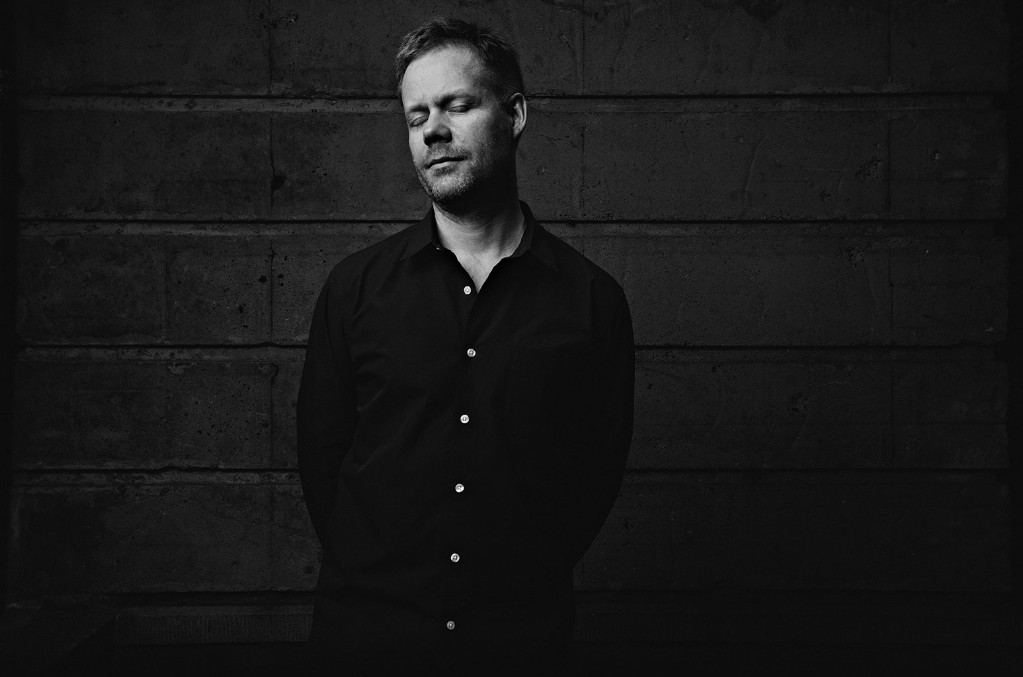The project is No. 1 for the first time in four-and-a-half years.
The top of Billboard’s latest Classical Albums chart is a bit sleepy. Literally.
Max Richter’s concept album Sleep returns to No. 1 on the chart dated March 28 for the first time in four-and-a-half years, thanks to publicity and promotion for the composer’s set generated around World Sleep Day on March 13.
The project climbs from No. 3 to No. 1 with 3,000 equivalent album units in the U.S. in the week ending March 19, according to Nielsen Music/MRC Data. That’s a 112% surge from the previous week (up from little more than 1,000 units). The album’s tracks generated 3.5 million on-demand streams during the tracking week (up 107% from 1.7 million the prior frame).
Billboard’s Classical Albums chart ranks the most popular classical albums of the week in the U.S. based on multi-metric consumption as measured in equivalent album units. Units comprise album sales, track equivalent albums (TEA) and streaming equivalent albums (SEA).
The eight-and-a-half hour long project was released in 2015 via Deutsche Grammophon and debuted at No. 1 on the Classical Albums chart dated Sept. 26, 2015. The album is available in two editions: a 31-track set, and a 204-track version – both containing the same eight-and-a-half hour long program.
Richter told NPR in 2015 that “Sleeping and being asleep is one of my favorite activities. Really, what I wanted to do is provide a landscape or a musical place where people could fall asleep.” The album’s length is designed to be a companion to a sleeping listener, who, hopefully, is getting a peaceful eight-and-a-half hours of sleep with the set’s gentle sounds as background.
For World Sleep Day, Richter curated playlists takeovers for Spotify, Apple Music and Amazon Music (which featured his own music), and also worked with Pandora, iHeart Music and Tidal for World Sleep Day-related promotions.
In addition, one can imagine some of the Sleep activity was earned via consumers in Coronavirus quarantine at home, seeking out peaceful music.


